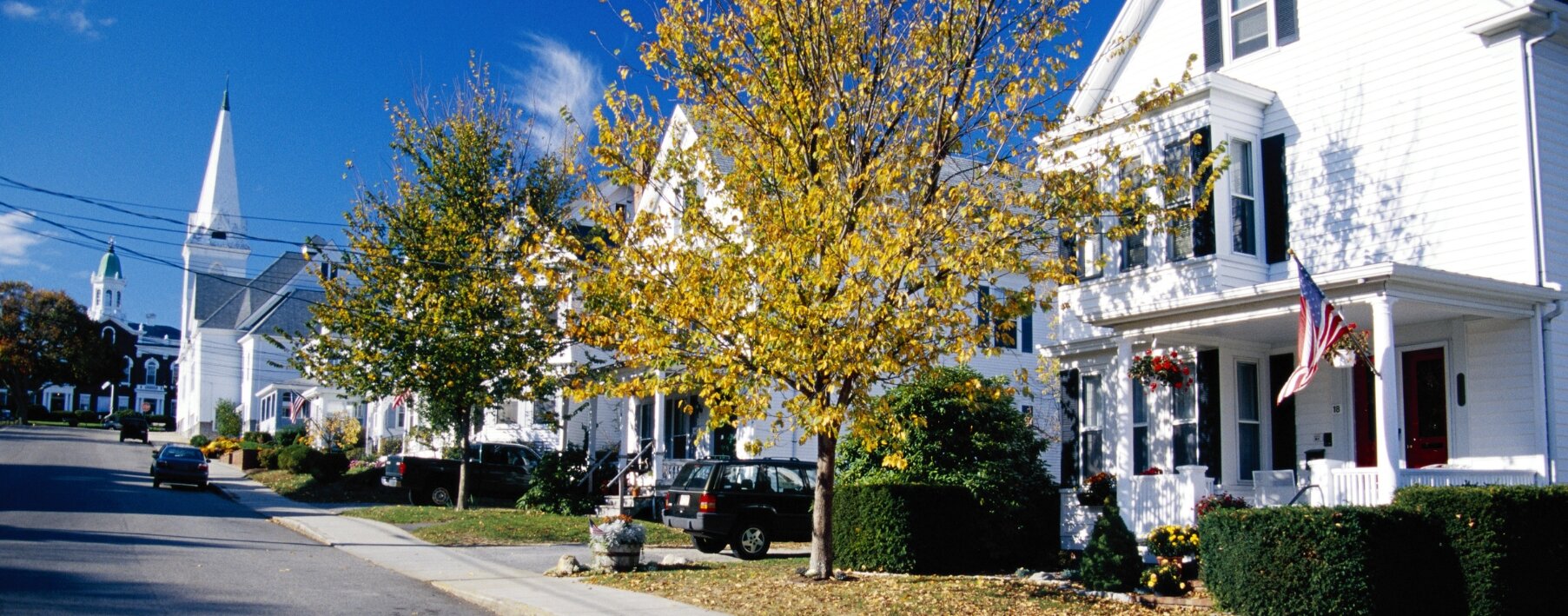What Is a DP1 Home Insurance Policy?

If you are a landlord or owner of vacant properties, a DP-1 policy is one of the coverage options available to you.
A DP-1 policy, also known as a Dwelling Fire Form 1, is a type of home insurance policy that covers a dwelling against nine listed perils, the most serious being fire. Because a DP-1 policy offers fairly basic coverage, it’s most often used to cover empty houses; however, you can also use it to insure your rental properties.
Key takeaways
- DP-1 insurance policies are often the least expensive option available for rental properties and unoccupied structures. This is partly because they provide less coverage than the other options.
- Typically, DP-1 insurance coverage is provided on an actual cash value (ACV) basis, so if your property is fairly old, this is probably not the best coverage type for you.
- DP-1 plans don’t cover rental property loss for tenants; if you’re renting out the property, a DP-1 policy isn’t the proper policy for you.
How does a DP-1 insurance policy work?
A DP-1 insurance policy is a type of landlord insurance policy that covers your property against nine perils. DP-1 is a named peril policy, meaning it only covers damage to the residence caused by the listed perils. As a result, there are many possible scenarios where damages are not covered.
For example, vandalism isn’t insured, and vacant or seemingly abandoned properties are particularly vulnerable to this kind of damage. If you have DP-1 insurance and your house is vandalized, you’ll be responsible for the cleaning and repair charges.
Who is a DP-1 insurance policy for?
DP-1 coverage protects property that the policyholder doesn’t inhabit. It’s a good policy for:
- Landlords: DP-1 insurance can cover your rented properties if you’re a landlord. It will cover damages caused by designated risks. It’s a basic form of landlord insurance providing the least coverage and therefore may not be for people who rely on their property for income. Many insurance companies give discounts to home security or fire sprinkler system owners, making this an even less expensive alternative if you qualify.
- Unoccupied properties: DP-1 insurance covers vacant properties. These plans cover the monetary worth of your home and any included buildings on your land. DP-1 insurance may provide you with the coverage you need if your property is vacant for 30 days or more.
In general, DP-1 insurance can be a good alternative to a DP-3 if your property will be vacant for more than 30 days. It may address common dangers that go unnoticed because no one is on the premises to observe them. Though some landlords can utilize a DP-1 policy, it may not the most reliable solution; in most cases, a DP-2 or DP-3 insurance is better for more comprehensive coverage.
What does a DP-1 insurance policy cover?
A DP-1 insurance policy is a basic form of insurance that only covers the hazards listed in the policy. It’s important to note that the coverages in a DP-1 policy are paid on an actual cash value (ACV) basis rather than a replacement cost value (RCV). For more info, check out our guide on the difference between actual cash value and replacement cost.
An ACV policy means that the insurance company will pay to repair or replace your damaged property after accounting for depreciation. An RCV policy, however, will pay for the full cost of repairs or replacement of damaged property without subtracting depreciation costs.
Common dangers that are covered by DP-1 plans are:
- Lightning and fire
- Explosions both inside and outside
- Windstorms
- Civil unrest and hail riots
- Smoke
- Vehicles
- Aircraft
- Volcanic eruptions
Some insurance companies may also include vandalism coverage DP-1 insurance policy.
What isn’t covered by a DP-1 insurance policy?
Many common damage-causing events are typically not covered by DP-1 insurance, including:
- Freezing pipes
- Falling trees
- Theft or robbery
Note that freezing pipes can be a common source of unoccupied property damage, a peril that a DP-1 insurance policy doesn’t cover. Freezing pipes may result in significant damage and require costly repairs. If you opt to insure your unoccupied house with DP-1 insurance, make sure to winterize your property properly.
Other types of dwelling protection policies
DP-2 and DP-3 are also available and provide more comprehensive coverage than DP-1.
A DP-2 policy covers more perils than a DP-1 and covers your property on an RCV basis. DP-3 is the most robust of the three and protects your property against all peril except listed exclusions on an RCV basis.
How much does a DP-1 insurance policy cost?
Every dwelling and location has different hazards and therefore varying average insurance rates. According to ValuePenguin, the nationwide average homeowners insurance cost is $1,445, and the average rental property insurance is $1,800.
However, because DP-1 is a named insurance policy, the specific perils are clearly stated, making it less expensive than other landlord insurance policies. Any peril not listed on a DP-1 policy will not be covered, increasing your potential for not being adequately protected.
Think a DP-1 policy is the right insurance coverage for you? Get a 60-second home insurance quote here.
Still have questions?
What is the difference between a dwelling and a homeowners policy?
A dwelling policy provides landlord coverage for a rental property or an unoccupied dwelling, while a homeowners policy covers owner-occupied residences.



